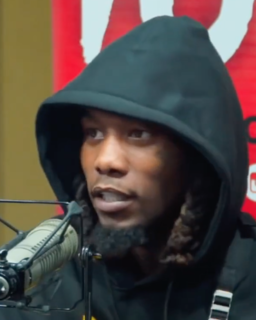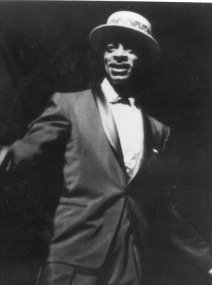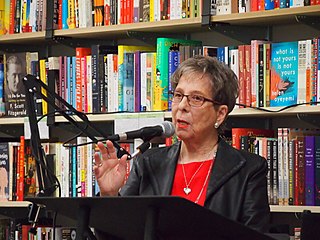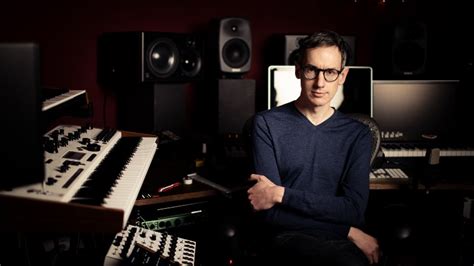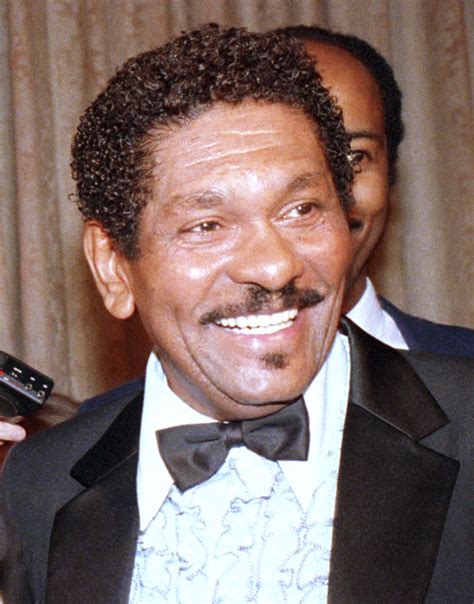A Quote by Rae Armantrout
Poets tend to form loose groups - the "Romantics" or the "Imagists". And sometimes they write manifestoes in the name of these groups. This can be good. It forces the poet and the audience to think. But it can also be dangerous. It can turn into a branding device so that potential readers believe they know all they need to know once they know you've been associated with a certain group or position. It can freeze things in place. That's where thinking stops.
Related Quotes
I tend to like the way poets form communities. Writing can be lonely after all. Modern life can be lonely. Poets do seem to be more social than fiction writers. This could be because of poetry's roots in the oral tradition - poetry is read aloud and even performed. I'm just speculating, of course. At any rate, because poets form these groups, they learn from one another. That is one of the best things about being a poet.
A lot of groups, they get put together. But we don't even think of each other as a group. I don't think I'm in a group with two other guys, where I don't know their moms and their grandmas, their aunties, and I don't know where they came from. This is my immediate family. These are the only people I know. That's why we be around each other so much.
Along the way, about certain things, you realize, "I don't know anything about this." You think, "Is this going to sound ridiculous?" So I pestered more than a hundred different people over the course of the book. And when I finished the book I gave it to six or seven trusted readers, who are always the same, but I also gave it to a brother of mine who's a doctor and I asked him to read it, and he was very helpful. It's good to have a group of trusted readers. As my kids have grown up, they've joined this group.
At a certain point we need to grow up; we need to look inside ourselves for our inner guidance. There are things most human beings know; they just don't want to know them. They know deep down that certain things in their lives are working or aren't working, that certain parts of their lives are functional and others are dysfunctional. But sometimes, as human beings, we don't want to know what's not convenient. So we pretend not to know.
For most of modern life, our strong talents and desires for group effort have been filtered through relatively rigid institutional structures because of the complexity of managing groups. We haven't had all the groups we've wanted, we've simply had the groups we could afford. The old limits of what unmanaged and unpaid groups can do are no longer in operation.
Write what you know. Every guide for the aspiring author advises this. Because I live in a long-settled rural place, I know certain things. I know the feel of a newborn lamb's damp, tight-curled fleece and the sharp sound a well-bucket chain makes as it scrapes on stone. But more than these material things, I know the feelings that flourish in small communities. And I know other kinds of emotional truths that I believe apply across the centuries.
Well, the difference in working with the Supremes and the other girl groups like Martha and the Vandellas, and the Marvelettes, you let the material dictate to you, uh, really, how you worked with the group, and with the talent, and the personalities. All of these things was instrumental in having all of the groups, uh, retain their own identity. Uh, and, and the material had a lot to do with it, you know.
People don't just show up and lie down in the middle of the street some place out of nothing. Somebody said meet me there, let's get together, and let's do this thing. The interesting thing is that we don't know who all of the leaders of these groups are, but we know that they're out there, and we know a new group of leadership is being created. It shows you that leadership can come from anywhere.
I have had players who are good, and who know they are good; I have had players who are bad and
know they are bad; I have had players who are good, but who don't know they are good; I have had
players who are bad, but who don't know they are bad. It is this last group that has won more games for
me than the first three groups combined.
I think a lot of the writing, you know, I write is just kind of like that where, you know. I write exactly how I'm feeling sometimes, and hardships that I'm going through. But I always end up, like the choruses are like, "God, You are good. God, you're faithful. You know, I know You understand, You're right here by my side." All these different things. And I just say very personal experiences that I've been through. I mean, it's not always detrimental thing.



